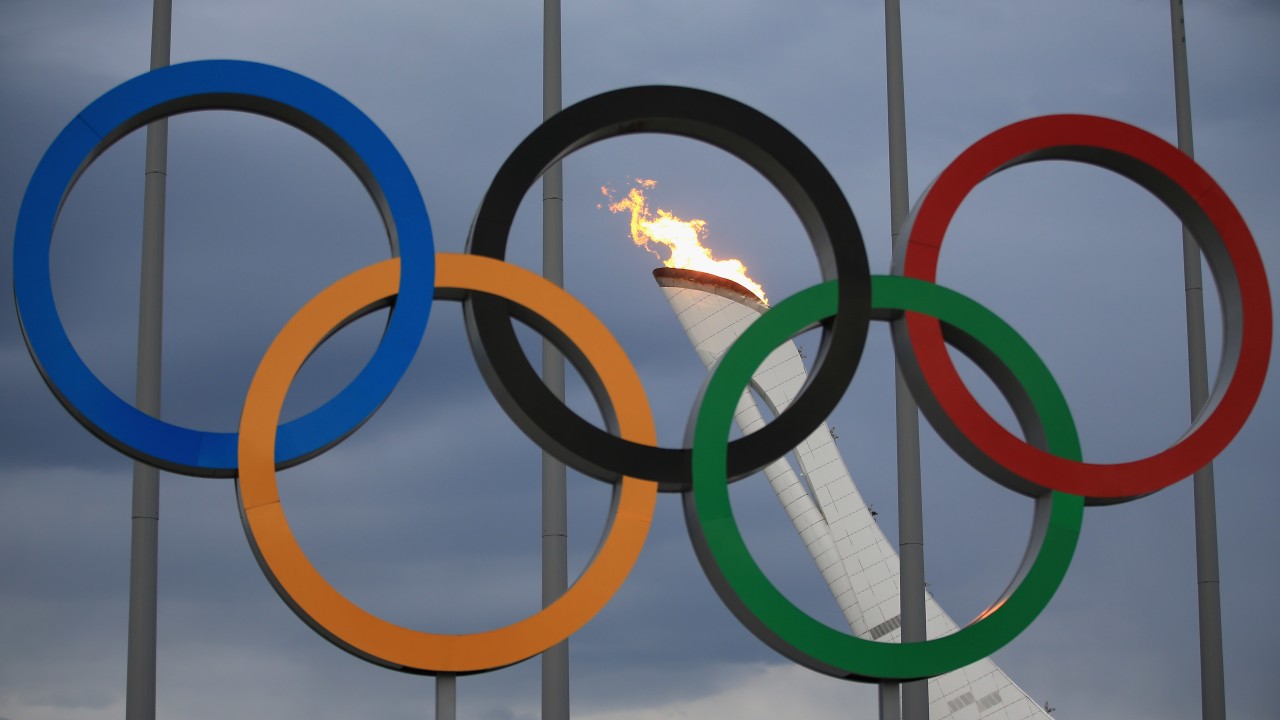The Olympic Games boast a great history, with its events first held in Ancient Greece. Winning Olympic medals is a matter of great pride for countries who send all their best athletes to showcase their amazing sporting skills.
The United States of America trumps all the others when it comes to Olympic medals count, with the country bagging an incredible 2,985. Germany is second followed by the United Kingdom and France.
The next Olympic Games will be held in Paris in 2024, with the multi-sport event providing a great opportunity for fans and punters to bet after reading the reviews of best offers at betrivers.
1- Participation of females
Females were not allowed to participate in the Olympics before 1900. However, things changed in the Paris Games when women competed in the prestigious event for the first time in history. They took part in lawn tennis and golf events. The American born-sailor earned the distinction of being the first woman to win an Olympic gold medal.
Another huge milestone was achieved in the London 2012 Olympics with the participation of women in boxing. That year also saw the involvement of female athletes from every competing country.
2- Jesse Owens crushes Hitler’s myth
Jesse Owens is recognized as one of the greatest athletes in the world. The American track and field athlete bagged an incredible four gold medals at the 1936 Games. His successes in Berlin served to crush Hitler’s myth of Aryan supremacy.
Owens also became friends with his German competitor Carl Ludwig Luz and the pair’s lap of honor became a symbol of the triumph of sportsmanship over Nazi ideology.
3- Athletes first compete in wheelchairs
The 1948 London Games marked a milestone for athletes who use wheelchairs as they were allowed to compete in wheelchairs for the first time.
English doctor Ludwig Guttmann is credited with establishing the Stoke Mandeville Games that later became the modern Paralympics Games.
4- Games were televised for the first time
The 1960 Olympics completely changed the way we view its events as it was the first time the games were televised. It is said that CBS bought the rights to broadcast the Games in the United States for almost $400,000. The Olympics were also televised for the first time in Canada and Mexico.
5- Boycott of 22 African nations
An incredible 22 African countries boycotted the 1976 Summer Olympics in Canada because the International Olympic Committee (IOC) refused to ban New Zealand. The island country had greatly angered African nations by sending its rugby team to play in South Africa in defiance of the UN’s calls for a sporting embargo.
6- US and its allies’ boycott
This was the time when the United States and Russia were engaged in the Cold War. President Jimmy Carter urged all the US allies to boycott the Games to protest the Soviet invasion of Afghanistan. As a result, a huge 66 nations boycotted the Olympics.
The US started the Liberty Bell Classic as an alternative event for athletes of its allies who boycotted the 1980 Summer Olympics. The Soviet Union and its allies later boycotted the 1984 Olympics in Los Angeles.
7- The Dream Team
The 1992 US Men’s Olympic basketball team was nicknamed the Dream Team as it included some of the biggest stars of the sport. The likes of Michael Jordan, Charles Barkley and Patrick Ewing made the lineup in what is regarded as the greatest team ever assembled in any sport.
The Dream Team completely blew the competition away as it easily bagged the gold medal, defeating Croatia in the final. This team was collectively inducted into the US Olympic Hall of Fame (in 2009) and the FIBA Hall of Fame (in 2017).
8- Phelps set new world record
Michael Phelps is often considered as one of the greatest athletes of all time. The legendary American swimmer and his teammates created a new world record in the medley relay event in the 2008 Summer Olympics. Phelps won his eighth gold medal – the most won in a single Olympic. He also surpassed previous record-holder Mark Spitz.
9- The Games were postponed
The 2020 Olympics was scheduled to take place in the summer of 2020. However, it was postponed due to the COVID-19 pandemic with Japan’s then Prime Minister Shinzo Abe announcing the news on March 24, 2020. This was the first such instance in the history of the Olympics.
The Games later took place from 23 July to 8 August 2021 but were still called the 2020 Tokyo Olympics. Many other top sporting competitions such as the Premier League and La Liga were also postponed due to the pandemic. This massively impacted the finances of the clubs competing in the leagues. The postponement was also highly disappointing for fans and punters who had a stake in the games as they had placed bets on them after availing the football betting guide.
10- North and South Korea marched together
The 2000 Summer Olympics’ opening ceremony saw North and South Korea marching together for the first time. During this rare moment of alliance, the two teams were dressed in identical uniforms and joined hands and waved a unification flag.
















